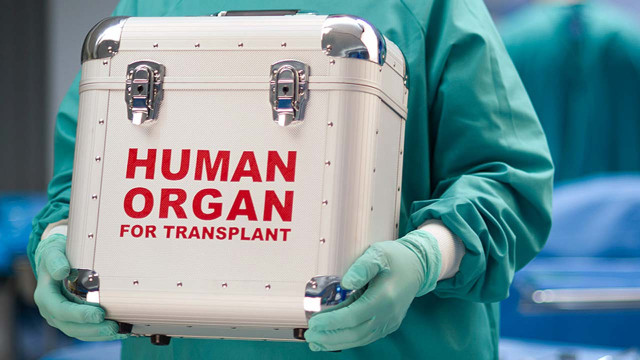The Federal Government has unveiled new regulations that will govern organ and tissue transplantation services within the nation.
The document, titled “Standards and Guidelines for Establishing and Coordinating Organ/Tissue Transplantation Services in Nigeria”, which received validation on November 13, 2024, marks a significant advancement in the collective efforts to improve organ donation and transplantation practices in Nigeria.
To facilitate this, the government is set to create an Organ Donation and Transplantation Registry and Banking system to enhance the management of organ donations throughout Nigeria.
The Minister of State for Health, Dr. Isaac Salako, shared this information during the document's unveiling in Abuja.
He stated that the Federal Government would start assessing and certifying all healthcare facilities involved in organ donation and transplantation to ensure adherence to the highest standards of practice.
Salako emphasized that organ transplantation transcends being just a medical procedure; it is a life-saving opportunity that offers a second chance to those facing end-stage organ failure. For many patients, it can mean the difference between life and death, as organ transplantation brings hope and the opportunity to return to a fulfilling life.
He highlighted the importance of the guidelines as they will furnish a critical regulatory structure for organ transplantation, addressing crucial aspects such as ethics in transplantation, donor protection, safety for transplant patients, minimum standards in organ transplantation, and ensuring compliance with procedures.
According to Salako, the document's relevance is amplified by Nigeria’s particular challenges, noting recent troubling occurrences of unethical organ harvesting and other abuses in the organ transplantation sector.
He called on all stakeholders—including healthcare professionals, legal experts, religious organizations, civil society groups, and the media—to actively engage with the guidelines to ensure they yield substantial improvements in the field of organ transplantation.
The Permanent Secretary in the ministry, Daju Kachollom, remarked that the launch of this document signifies a lifeline and a transformative moment for the country’s healthcare system.
She pointed out the increasing demand for organ transplants alongside ongoing ethical dilemmas, stressing the importance of proper regulation to safeguard vulnerable lives.
The Chairman of the National Tertiary Health Institutions Standards Committee (NTHISC), Prof. Philip Abiodun, acknowledged that for too long, organ transplantation in Nigeria has been marred by inconsistencies, exploitation, and a lack of solid regulatory frameworks, issues that have left many susceptible to unethical practices.




















